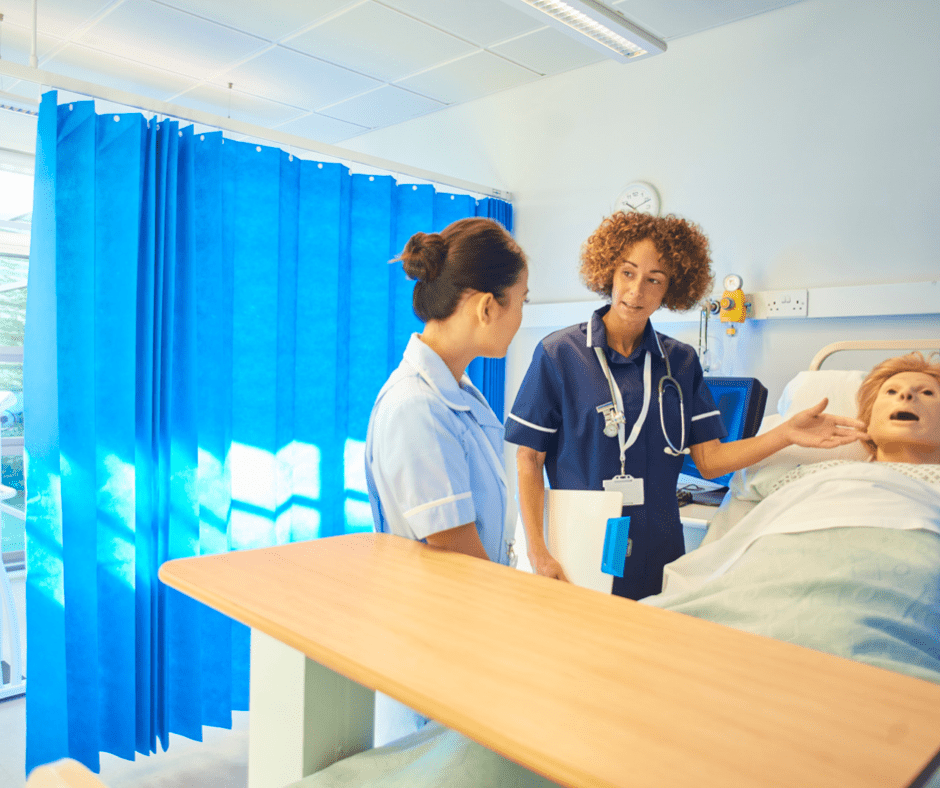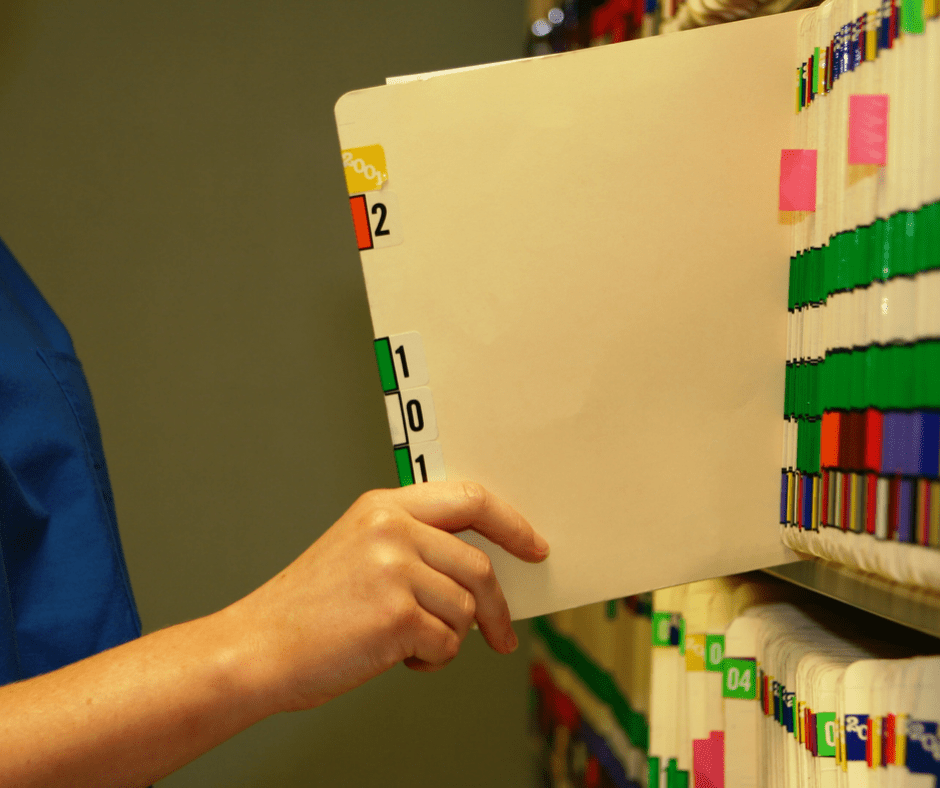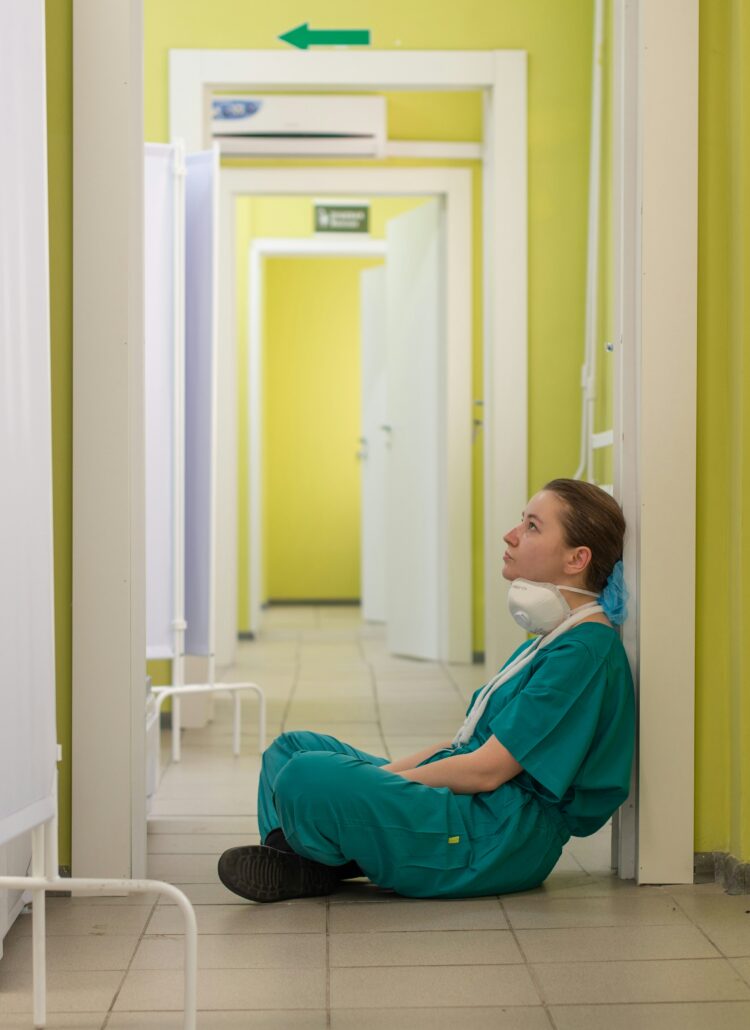
Students who are new to the nursing field can find clinicals to be an overwhelming experience. When you’re new, it can seem like there is an endless amount of information to learn and remember.
As a result, it’s easy for your mind to become overloaded with all of this information that seems to have little relevance outside the hospital or clinic where you’re working.
But clinicians are not just about learning how to treat patients; they are also about learning how to work effectively as part of a team with other nurses and medical professionals.
You need to know how the hospital works before you start working there, and this includes understanding how things work around your department as well as knowing what other departments do within your hospital or clinic.
You might not be able to predict every situation in your clinical experience, but you can prepare for the unexpected by practicing what you've learned in class.
These ten interactive activities will help you improve your critical thinking skills and become more prepared for whatever comes your way.
Keep reading to learn more!
What Does a Student Nurse Do in Clinicals?

A student nurse in clinicals is actively learning to become a registered nurse.
In clinicals, the student nurse applies concepts and strategies learned in the classroom to provide patient care, including diagnosis, treatment, and monitoring. They may also perform various tasks in simulation labs.
Clinical experience gives them hands-on experience and allows them to practice their skills under the guidance of a registered nurse (RN).
Additionally, they are able to observe RNs working with patients and can ask questions to understand different treatments or procedures further.
This helps them develop their nursing skills while also developing critical thinking skills that will help them in their future career as an RN.
The goal of clinicals is to prepare student nurses for real-world situations and ensure that they have the knowledge needed to function as professional caregivers.
When do the clinicals start?

The timing of your clinicals depends on the program and school. Some schools start clinical during the second semester when the general education is completed; others wait until the third semester or later. It's essential to find out when your program starts, so you don't miss any important steps along the way.
Who Teaches You in Your Clinicals?

Depending on the type of clinical setting you are working in, your instructors may include doctors, nurses, and other healthcare professionals.
They encourage students and provide guidance and support throughout the clinical experience to help them gain knowledge and skills related to patient care.
These instructors will also evaluate your performance and provide feedback to help you improve your practice.
In addition to providing instruction, they can also serve as mentors who can provide advice on career paths or answer questions about the healthcare field.
Ultimately, the instructors teaching you in your clinicals are there to ensure that you get the most out of the experience.
What Are the Different Types of Nursing Clinical Rotations?

There are many different types of clinical nursing rotations, each designed to teach students specific skills. Here's a look at some of the most common types:
Medical-surgical
Pediatrics
Perioperative
Critical care
Labor and delivery
Emergency
Geriatrics
Psychiatric
Community Health
10 Best Fun Activities for Nursing Students in Clinicals
1) Take Time To Acclimate Yourself to The Charting System

Charting is one of the most critical and time-consuming tasks you will be asked to do during your clinicals. It is a skill that you need to master and practice as much as possible before you get into the real world of nursing.
To make sure that you can handle charting assignments, it is crucial for you to take time to acclimate yourself to the charting system used by your school or hospital. This will help you to feel more confident when dealing with charts in real-life situations.
Charting is an opportunity for you to reflect on your patient's condition and make adjustments to their care plan.
You must read the chart thoroughly. Look for any notes that may have been added by previous healthcare professionals or family members who have treated the patient in the past.
This can be helpful for learning about what specific conditions are present or how often certain issues arise within that particular family.
You may also see some notes about medications being taken or diet restrictions that need to be followed to prevent complications later down the road.
2) Practice How to Make Care Plans

This is best done when you have a few minutes before you start your shift. Think about what types of patients you will see, what their needs might be, and how you can meet those needs. Then make a plan that includes specific goals, interventions, and assessments for each patient.
You should also consider whether or not there's anything else that could be done for the patient or if there's anything else that needs to happen before the care plan can begin.
These are just some of the things you should include in your care plan:
The patient's name and age.
Chief complaint (what brought them in)
History of present illness (HPI), which includes a past medical history and family history of diseases. HPI also provides information about the current condition, such as when it started and how long it has been going on. It also includes other information that might be relevant such as what symptoms they have been experiencing lately or whether there are any factors that may be contributing to their current condition
Diagnosis (if one has been made yet), lab test results and physical exam findings, etc., all of which help determine what kind of treatment will be best suited for this particular patient
A list of all medications prescribed by any healthcare providers involved with this particular patient.
3) Offer to Help the CNA

Another fun way to make your clinical experience even more valuable is by offering to help the CNA (certified nursing assistant). This is someone who has been working in health care for at least two years and usually has some college education or training.
They're usually responsible for feeding patients and helping them get dressed, among other tasks.
If you're feeling like your clinical experience is lacking something, try asking if you can offer to help out with one of these tasks.
You'll get an inside look at what it's like to be on the other side of the bedside table—and you'll also gain some valuable skills and hands-on experience that will come in handy when you're applying for jobs after graduation!
4) Check Rooms on the Unit

This activity involves entering patient rooms to check for cleanliness, safety, and comfort. Students must also be aware of any safety concerns or hazards in the room.
Additionally, students should make sure all equipment is functioning correctly and that supplies are adequately stocked.
Checking rooms on the unit is an essential clinical activity as it helps ensure patient safety and comfort while also giving students practical experience in a hospital setting.
5) Pull Medications

Pull medications are an excellent way for nursing students to practice their skills in the clinical setting.
In this activity, students will learn how to pull medications from a cabinet or other storage device, verify that they have the correct medication, and then administer them to patients.
Pulling medications is an essential skill for nurses because it helps them ensure that they are giving patients the right medication at the right time. The activity can be used as part of a larger lesson on medication administration or simply as its own activity.
6) Stock Items

Nursing students are often tasked with stocking items in the clinical space. These items can be anything from bed sheets to medical supplies. Stock is a great way for nursing students to learn how to organize and maintain supplies properly.
The key to completing stock is to be prepared before you start. Make sure you have everything you need before you begin stocking so that your focus is on the task at hand rather than running around trying to find supplies as you go.
There are many different ways to organize your stock, depending on what supplies you are stocking and how much space you have available.
7) Help With Changes and Bed Bath

When it comes to activities that are fun for nursing students in clinicals, there's no better way to get a taste of what it's like to work in a hospital than by helping out with changes and bed baths.
You must become familiar with some of the basic procedures you might have to perform as a nurse.
One such procedure is helping a patient change into and out of bed, which includes removing the sheets and blankets from under the patient, as well as changing their clothes. There are also times when you will need to help patients get in and out of tubs or showers.
This way, you'll have the opportunity to experience the joys (and stresses) of helping patients who are going through some very personal moments in their lives.
8) Walk With Patients

Walking with patients is one of the most understated and least appreciated ways to learn about nursing. It's also a great way to build rapport and trust with your patients.
When you walk with a patient, you see them in their natural environment.
You can get an idea of what they're like when they're not under pressure or stress, or you can see how their personality changes when they're around different people.
The patient will also be able to see what kind of person you are while they're in their own space.
9) Take Vitals

Taking vitals is one of the most critical skills a nursing student can learn. It's also a skill that everyone in the clinical setting will be using, so it's good to get some practice!
The best way to assess someone is by taking their vitals. Start with the easiest ones first: blood pressure and temperature. Then move on to heart rate and respiratory rate (breaths per minute). If you're lucky enough to have an EKG machine at your site, then go ahead and take those as well.
After taking the vitals, you can also write down the patient assessment.
What Challenges Do Student Nurses Face?

1) Time Management
Time management is one of the biggest challenges faced by student nurses today. Nursing schools expect their students to study hard, but they do not give them enough time to do so.
This can be frustrating since students have many other responsibilities, such as going to classes and taking tests, and lack of time can often lead to burnout.
2) Unpredictable Clinicals
The unpredictable nature of clinicals can be a challenge for student nurses.
Clinicals are often organized in a way that makes it difficult for students to know what they will be doing at any given time. It is common for students to find themselves in situations where they are not sure what their responsibilities are or how to proceed. This can be disorienting and make it hard for the student nurse to perform effectively.
3) Dreadful Tests And Exams
The daunting nature of the test and exams that student nurses face is another biggest challenge they must overcome. The tests are rigorous and demanding.
And then there are the exams—with their intrusive questions, their narrow focus on particular topics, and their tendency to throw difficult scenarios at you out of nowhere.
The best way for students to handle this situation is by studying diligently beforehand and taking practice tests. Practice tests will help them get familiar with the format of the exam and will allow them to become more comfortable with it.
Additionally, practice tests will allow students to become familiar with common types of questions that are asked on these exams so they can prepare answers ahead of time instead of having to write them while they're sitting there during an exam.
4) Financial Issues
Despite this high demand for nursing degrees, many students find themselves struggling with financial issues while attending school or even while working as a nurse after graduation.
According to the National Student Nurses Association, 70 percent of all nurses have some type of debt after graduating from college with a bachelor's degree in nursing (BSN).
The average amount owed is $23,000! The amount owed varies based on school location and state regulations regarding tuition costs vs. room/board expenses; however, most schools charge between $4k-$6k per year for tuition alone.
Conclusion - Activities for Nursing Students in Clinicals
With the technology available today, nursing students are more engaged and motivated than ever.
Nursing educators can incorporate fun, interactive apps into their lesson plan to keep students interested, provide supplemental material for clinical, and assist education technology centers with hands-on planning activities for classes.
We hope you found these ideas useful and inspiring. We believe that the best learning comes from engaging your brain and body, so we encourage you to try out some of these activities at your next clinical.
FAQs About Activities for Nursing Students in Clinicals
How Hard Are Nursing Clinicals?
Nursing clinicals are not hard, but they require a lot of work. Nurses and nursing students need to be prepared before entering a clinical so that they can learn as much as possible while there, and they also need to have some idea of what they are going to do during the clinical.
How do you make a good impression at clinical?
You make a good impression at clinics by being kind, helpful, and friendly. If you help others in your group when they're struggling with something, then they'll remember that you were there for them and that you took the time to help them out.
What are the benefits of clearing your mind during shifts?
Clearing your mind during shifts can help you focus on the task at hand, which is important in any job. By focusing on what needs to be done, you will be able to complete your tasks more quickly and efficiently.
Can you work while doing nursing clinical?
Yes, it is possible to work while doing nursing clinical. Working while studying can be a great way to get some extra money, gain experience in the field and develop your skills.
Depending on the program you are enrolled in and the amount of time it takes to complete the course, working part-time or full-time may be an option.
It is important to remember that working too many hours can negatively affect your academic performance and your clinical grades, so finding the right balance between work and school is essential.
If you decide to take on a job during clinics, make sure to keep your focus on your studies and prioritize them over any other commitments.






